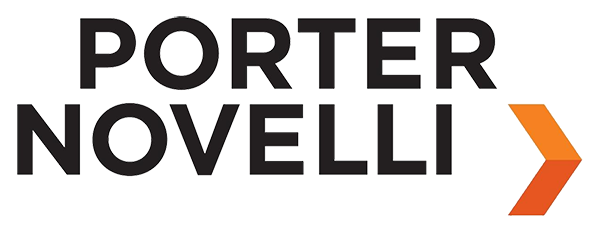Confronting Racism: A Call for Corporate America to Listen and Act
Confronting Racism: A Call for Corporate America to Listen and Act
In the midst of a global health crisis and economic recession, the United States faces another pivotal moment. The nation now grapples with the killing of George Floyd, continued race-fueled policy brutality and the outrage, pain and protests that have stemmed from a deeply embedded history of racism. Collective voices from across the country – both on the streets and on social media – are pushing institutions, industries and individuals to confront the issue head-on – and now, it seems, corporate America is ready to listen. Over the past week, we’ve seen brands share myriad messages and actions, some more impactful and authentic than others. We’ll share a few of these here:
- Nickelodeon took a stand by choosing to go quiet. The kids’ TV channel, along with several other Viacom networks, paused programming on Monday “in support of justice, equality and human rights.” The pause was deliberate in its length – eight minutes and 46 seconds – the amount of time Minneapolis police officer Derek Chauvin put his knee on the neck of George Floyd. The network also aired a “Declaration of Kids’ Rights,” which started out with the statement, “You have the right to be seen, heard, and respected as a citizen of the world.”
- DNA and biotech company 23andMe joined Blackout Tuesday as a time to acknowledge its failures – but promise to do better. In an open letter from CEO Anne Wojcicki, the company was transparent about the road ahead, stating, “I am ashamed to say I do not have a single black employee who is at Director level or above… We absolutely have the potential to be better. Despite our efforts, I have to honestly say that we are also part of the problem.”
- Toy brand Lego supported the Black Lives Matter movement by pledging to donate $4 million to “organizations dedicated to supporting black children and educating all children about racial equality.” The brand took a step further, according to reports from Vulture, to “announce that it would remove any marketing for any toy sets that include police characters or are based around a police theme.”
- A vocal participant in many social justice issues (including criminal justice reform), ice cream brand Ben & Jerry’s* did not mince words with a declaration that now is the time to dismantle white supremacy in all its forms. But more than just a statement, Ben & Jerry’s shared four actionable steps to help achieve this. The Unilever-owned brand closed by saying, “Unless and until white America is willing to collectively acknowledge its privilege, take responsibility for its past and the impact it has on the present, and commit to creating a future steeped in justice, the list of names that George Floyd has been added to will never end.”
For many brands, this is a moment to listen and to learn from the Black Lives Matter movement. Then it must also be a moment for deliberate action. And that action must be so much more than just a statement of solidarity or message of goodwill or good intentions. To ensure the reform that is being called for results with concrete change, brands must be prepared to do their own work. This starts with a hard look inside each organization and the programs, policies and the actions that are rewarded. Because dismantling systematic racism is not just a social movement, it is a business imperative.
For further resources and concrete steps practitioners can take, we encourage you to read Porter Novelli’s own Dwayna Haley’s article: It’s time to Get Uncomfortable.
*Porter Novelli client

